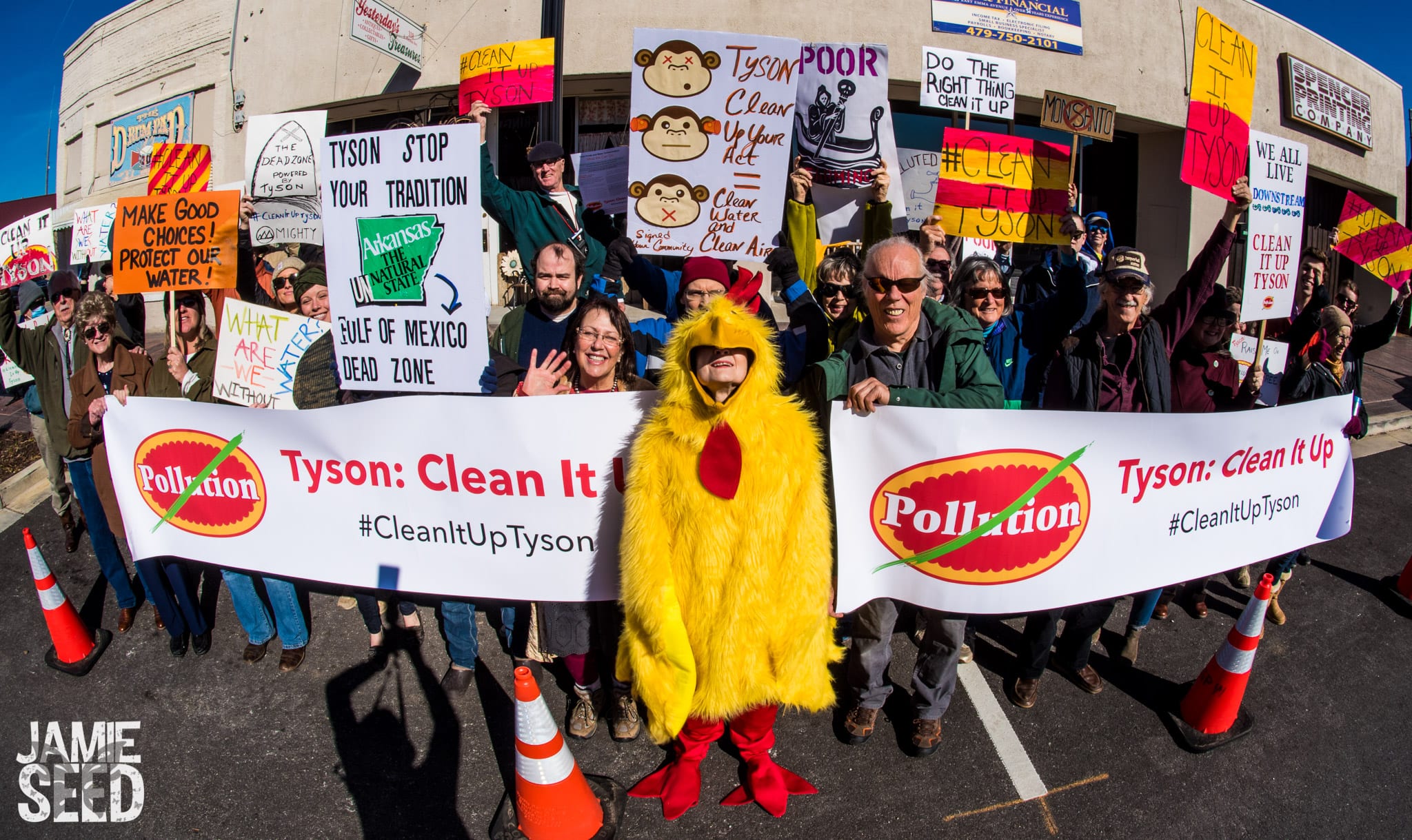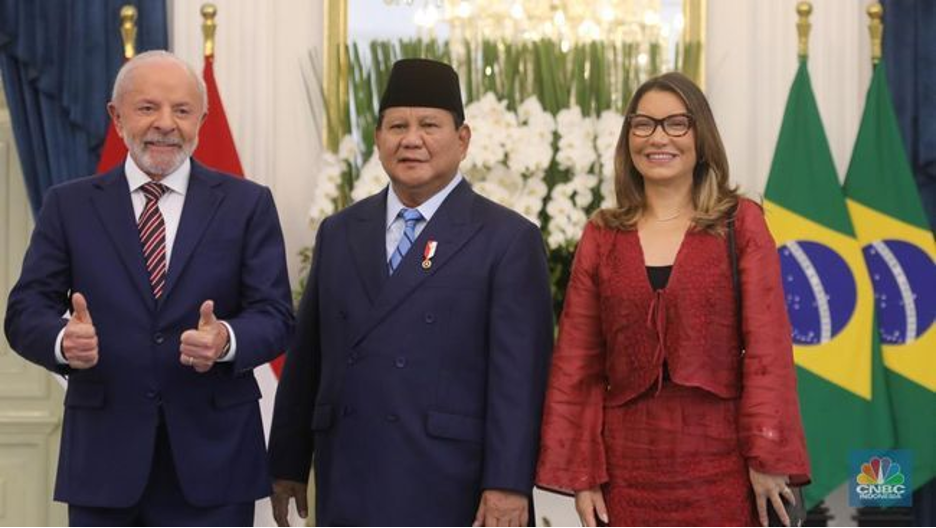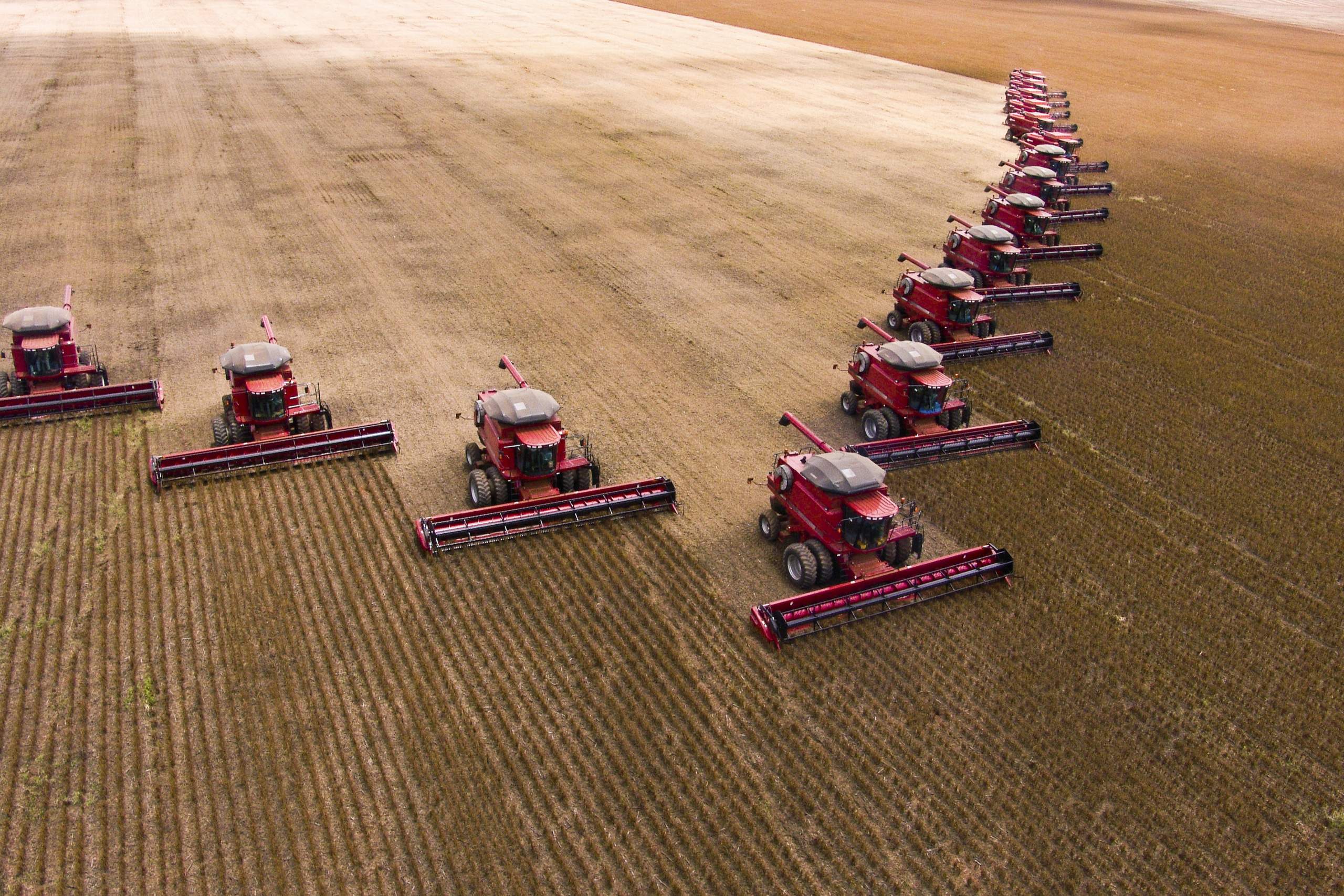
Tyson Responds to Environmental Campaign and Public Pressure, Addresses Pollution in Supply Chain
Responding to mounting pressure from local communities impacted by its pollution, investors, customers, and the environmental community, Tyson Foods has announced a commitment to improve farming practices on two million acres of grain by 2020. This commitment will include efforts to reduce greenhouse gas emissions and agricultural runoff pollution from grains grown for animal feed, although the specifics and implementation plan have not yet been made public. Tyson’s commitment would cover about half of its U.S. feed supply chain.
“Tyson has begun to acknowledge the persistent calls for change from its customers, investors, and communities across America,” said Lucia von Reusner, Campaign Director for Mighty Earth. “This latest set of commitments are the direct result of thousands of Americans raising their voices and pushing Tyson to take responsibility for the environmental and health consequences of the factory farm system it pioneered. The devil is in the details and Tyson still needs to lay out the specifics of this new commitment- but if Tyson is indeed willing to lead, the broader meat industry will have to follow.”
Tyson Foods is America’s largest meat company and has significant influence over farming practices throughout its meat and feed supply chain. The meat industry is the leading source of water contamination in the country, with pollution from manure and feed production contaminating drinking water and productive waterways across the country.Mighty Earth released an investigation last summer linking Tyson’s supply chain to widespread water pollution and the largest dead zone on record in the Gulf of Mexico.
Hundreds of thousands of Americans across the Midwest, Gulf of Mexico, and Chesapeake Bay have joined Mighty Earth’s #CleanItUpTyson campaign, which has been calling on the company to address water contamination driven by its supply chain. Over 300 national and local environmental, business, farmer, and labor groups have joined the campaign, and a shareholder proposal urging Tyson to address the risks of water contamination from its supply chain received support from 63% of non-Tyson family shareholders in February. Last September, communities members in Tonganoxie, Kansas rejected a $320 million proposed Tyson plant, citing concerns about water contamination, as well as other local impacts.
Mighty Earth’s #CleanItUpTyson campaign emphasizes sustainable feed sourcing practices, which have been largely ignored by the industry, as significant opportunities to reduce meat’s environmental and public health impacts. Key areas for improving feed sourcing include improper fertilization, poor soil management practices, non-diverse crop rotations, and destruction of natural ecosystem buffers, such as wetlands and grasslands.
While ambitious, Tyson’s announcement does not yet contain details about how this commitment will be implemented or verified. Other major environmental impacts from Tyson’s supply chain that the company has yet to address include greenhouse gas emissions and runoff from improperly disposed manure, destruction of native ecosystems to produce feed, methane from cattle, and toxic discharges from local facilities. This commitment puts Tyson ahead of competitors like Cargill, JBS, Perdue, and other major meat processors who have so far largely neglected to address the environmental consequences of their supply chains.
Tyson’s latest commitment is part of the company’s new strategy to become a consumer-facing brand focused on sustainability, led by new CEO Tom Hayes and Chief Sustainability Officer Justin Whitmore. Tyson recently announced a commitment to reduce greenhouse gas emissions 30 percent by 2030, and is in the process of releasing the specifics on how this goal will be implemented.
More information on the #CleanItUpTyson campaign can be found at https://mightyearth.org/u-s-agriculture/.


